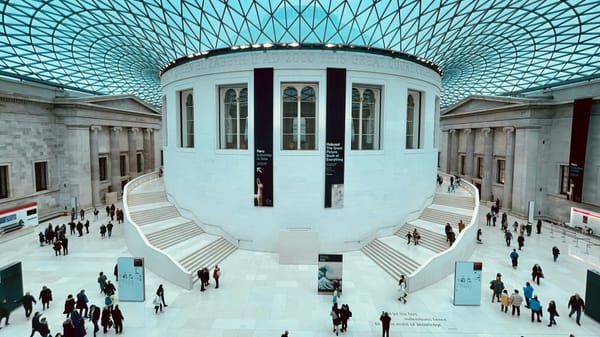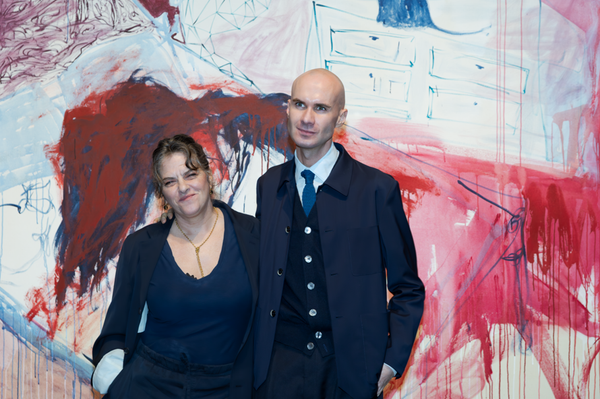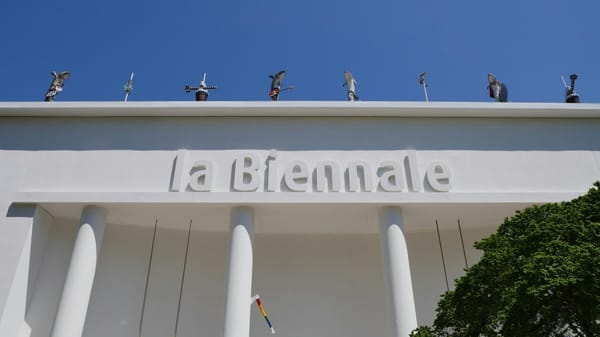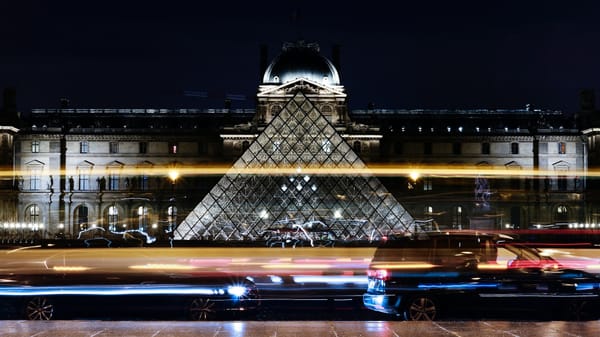UK Creatives Push Back as AI Scrapes Culture: A Sector on Edge and a Government Scrambling
Britain’s artists are sounding the alarm as AI companies mine copyrighted work without consent. Protests, lawsuits and rising distrust force the UK government to rethink its entire approach to AI training data and creators’ rights.

Britain’s creative sector has been living with a low-grade panic for months. AI companies keep hoovering up copyrighted work to fuel their models, and nobody knows who gets paid, who gets exploited, or who gets erased. The rules are foggy, the stakes are huge, and every week brings another reminder of how fast the ground is shifting beneath musicians, writers and visual artists.
That tension cracked into public view as protests spread — McCartney’s silent track, Bush and Zimmer lending their names to the fight, Elton John torching government plans in full glare. It wasn’t just celebrity theatrics. There was a deeper fear running through studios and rehearsal rooms: if your work can be copied, scraped, mimicked or reassembled by a machine without your consent, what future are you really building?
Behind closed doors, officials have been scrambling to rewrite the intellectual-property playbook, knowing full well the old rules weren’t designed for models that learn from millions of works at once. The recent $1.5bn settlement in the US, which forced a leading AI firm to reveal a training library of 500,000 books, only heightened the pressure. British creatives looked at that searchable database and asked why the same transparency wasn’t happening here.
Into this storm stepped Liz Kendall — not as the protagonist, but as a marker of a shift. Her hints of sympathy for artists and her push for a “reset” signalled that the government had at least heard the alarm. She wasn’t rewriting the story, just nudging it back toward fairness after months of distrust.
But the real battlelines stretch far wider than Westminster. Public institutions have been signing contracts with AI companies while disputes with copyright-holders simmer in the background. Campaigners argue that has to stop. Creators want binding commitments: no more secret datasets, no more murky licensing, no more shrugging when asked if their work is inside the machine.
The next few months will be decisive. A preliminary government report lands before the year ends, followed by a more muscular plan in early 2026. Artists are done waiting. Tech firms are bracing for impact. Policymakers are trying to engineer a future that doesn’t crush one side to feed the other.
What’s unfolding now is not a niche quarrel. It’s a fight over cultural survival — who owns creativity, who gets to profit from it, and who gets left behind as the machines keep learning. Kendall may have signalled a turning point, but the real story is the collision between an industry built on human imagination and a technology hungry for everything it can take.
© ART Walkway 2025. All Rights Reserved.





